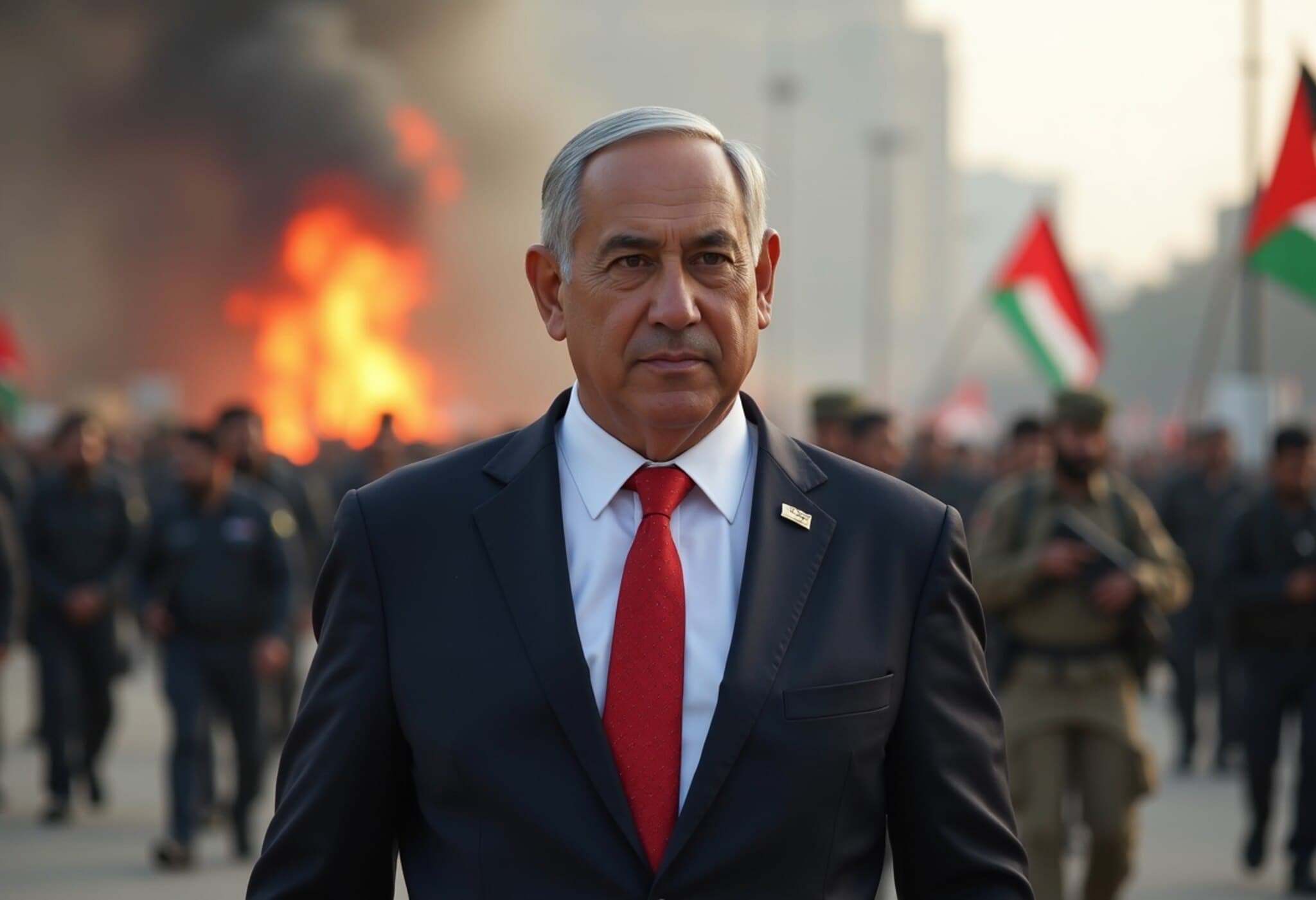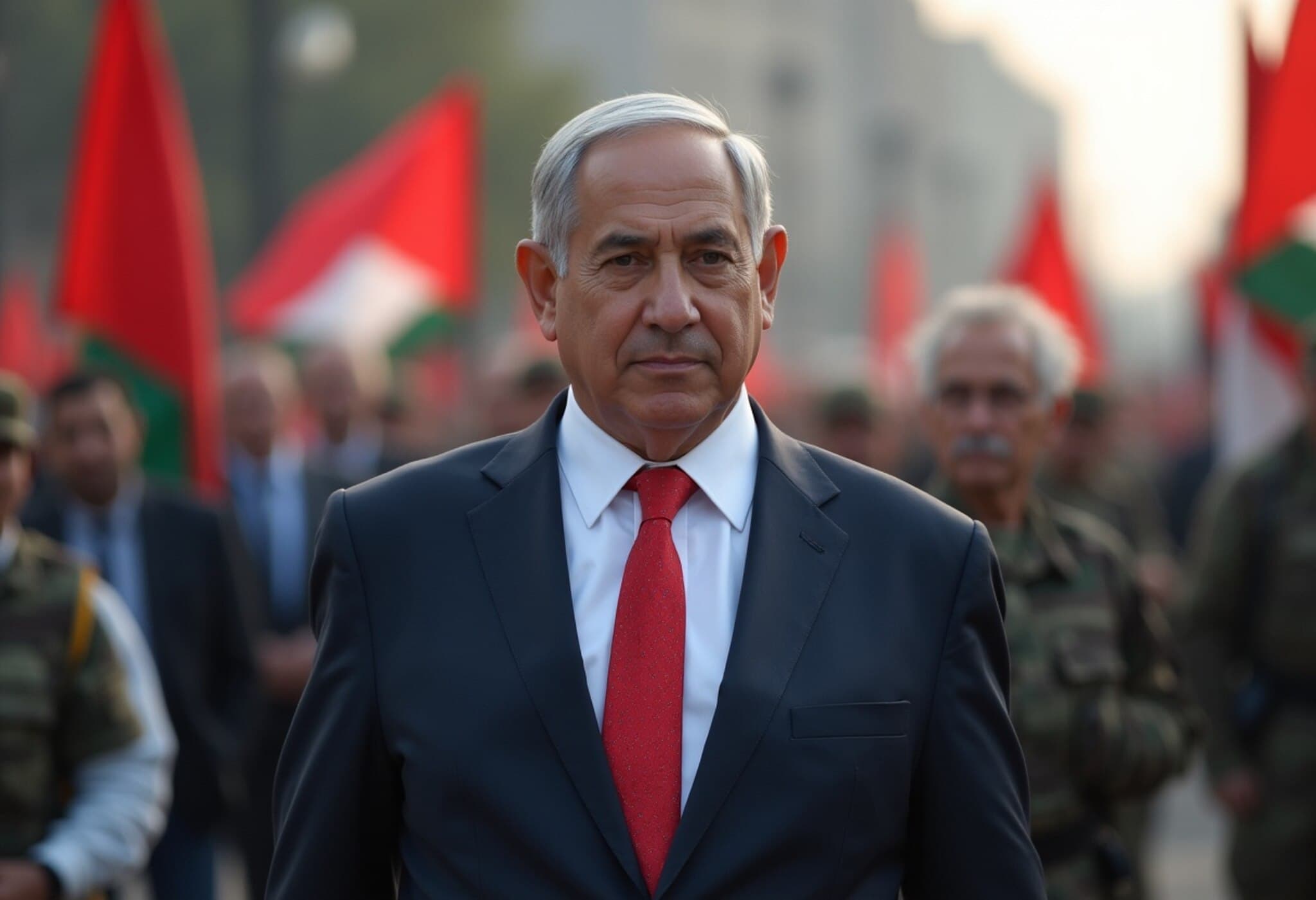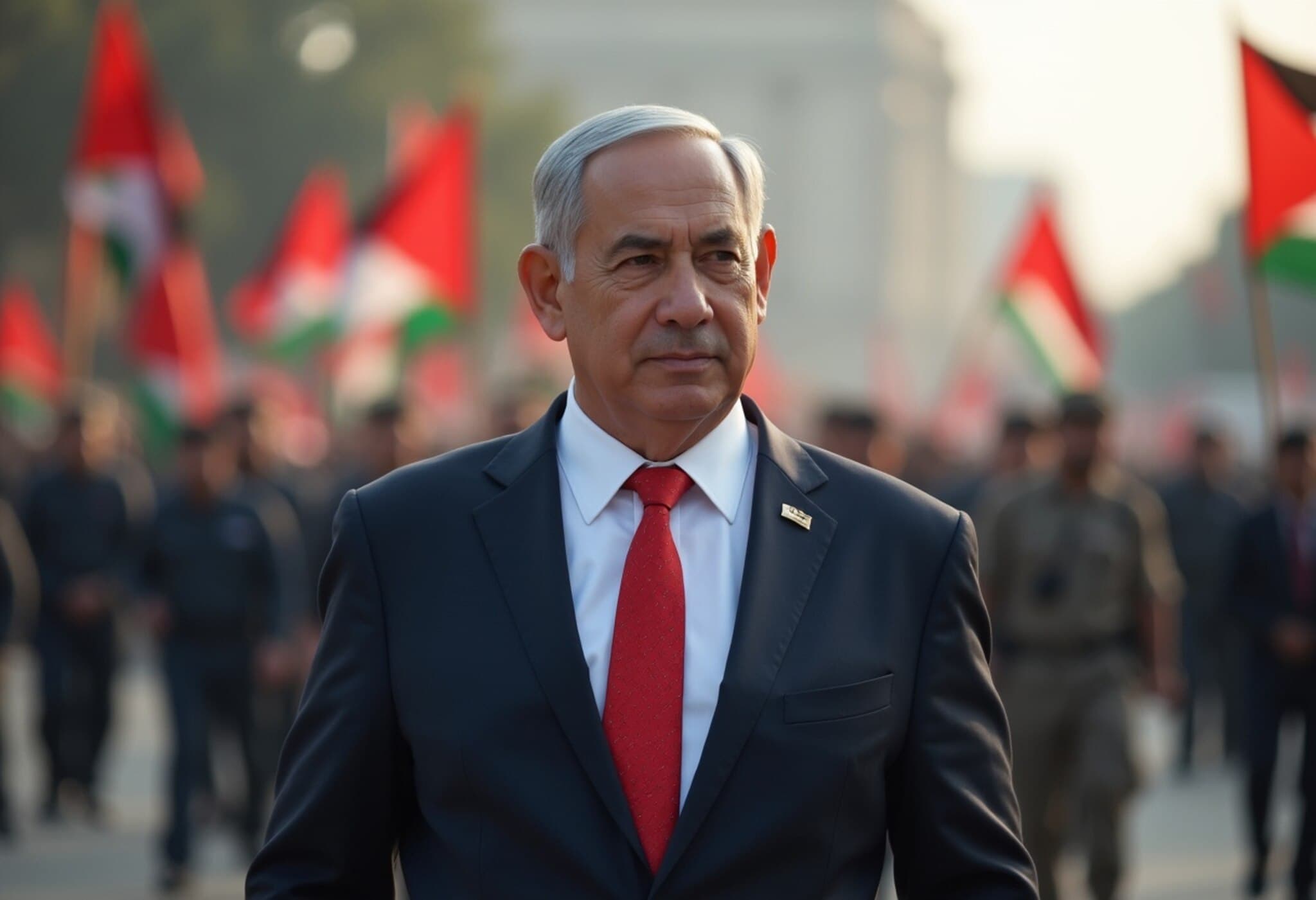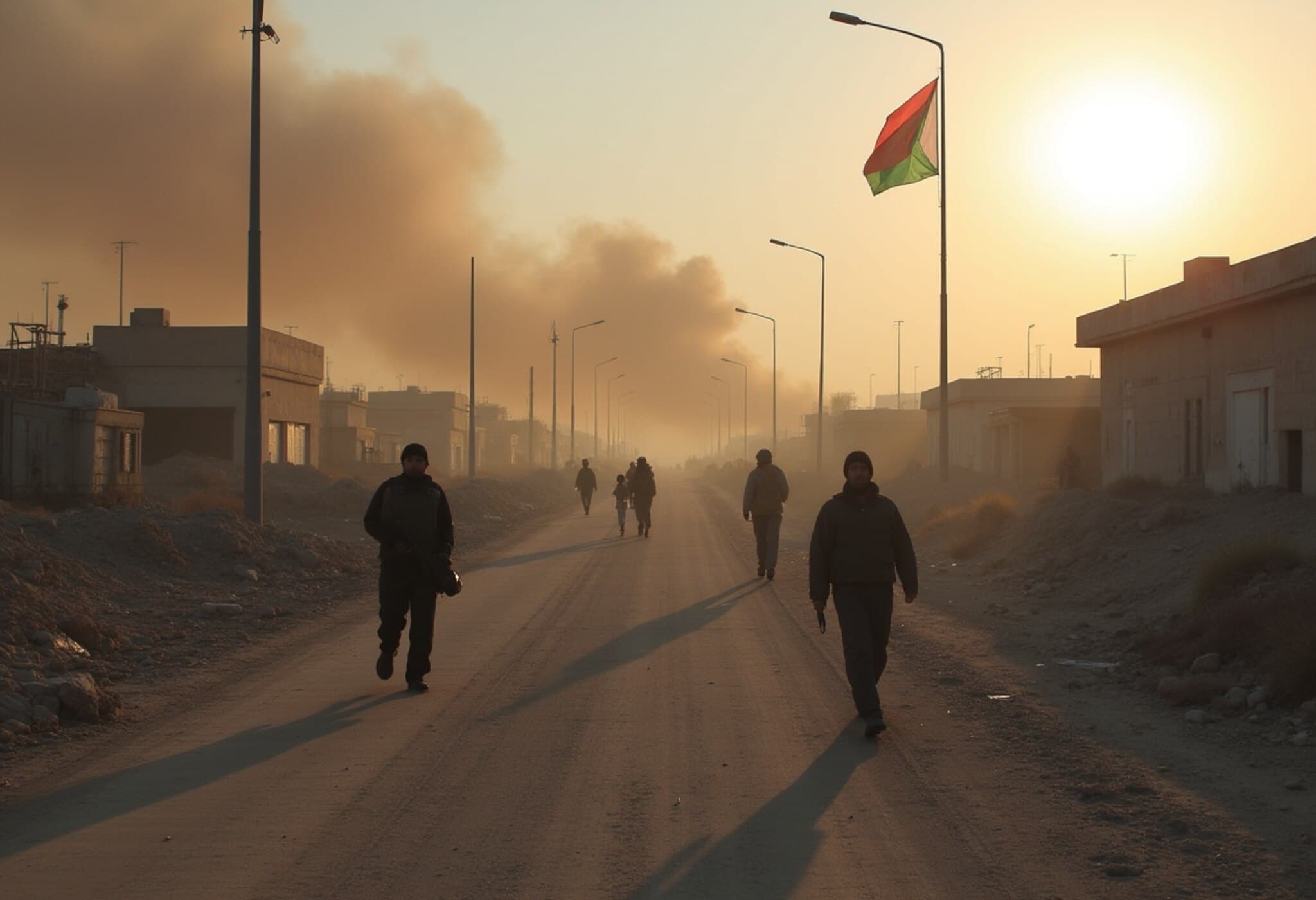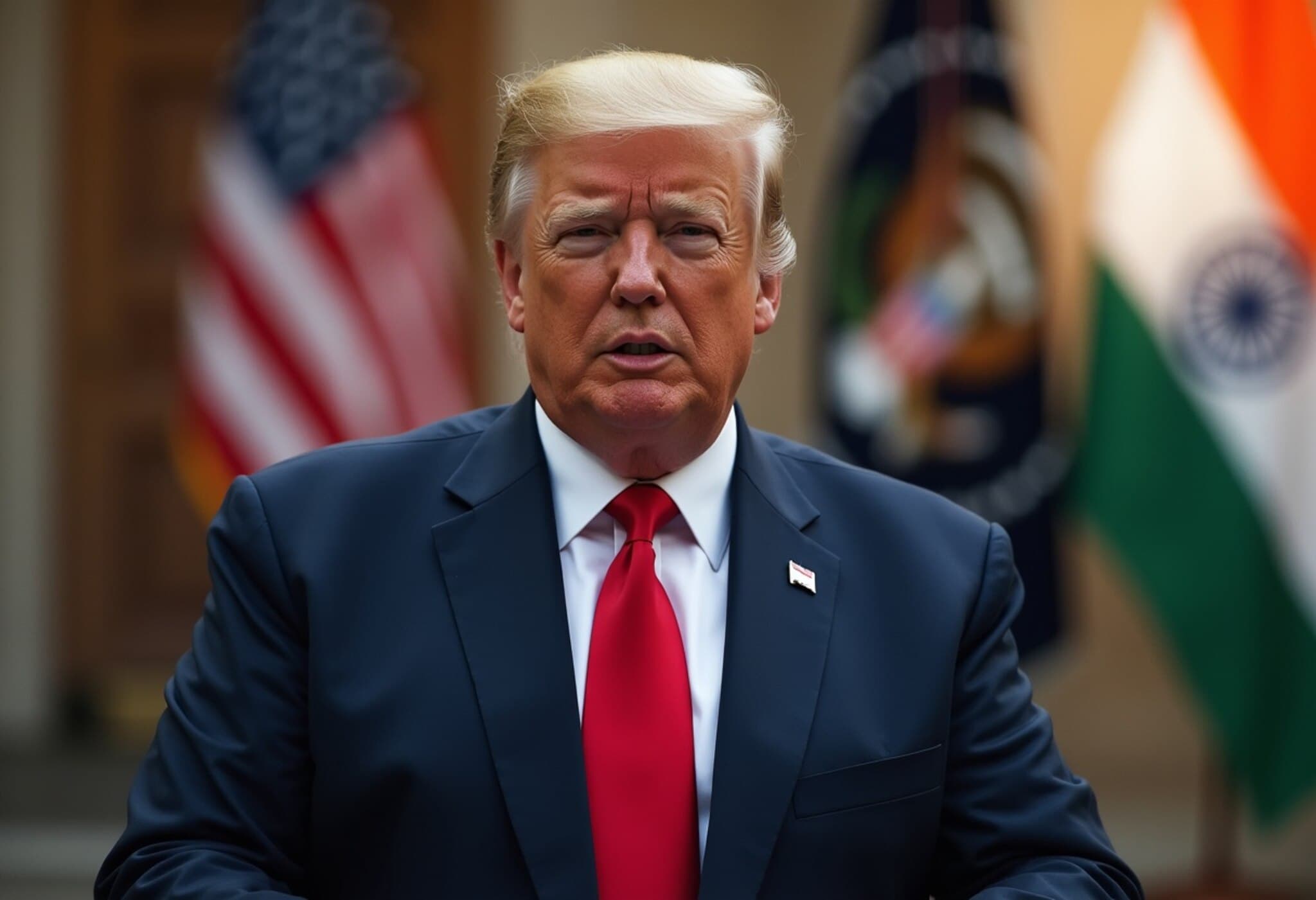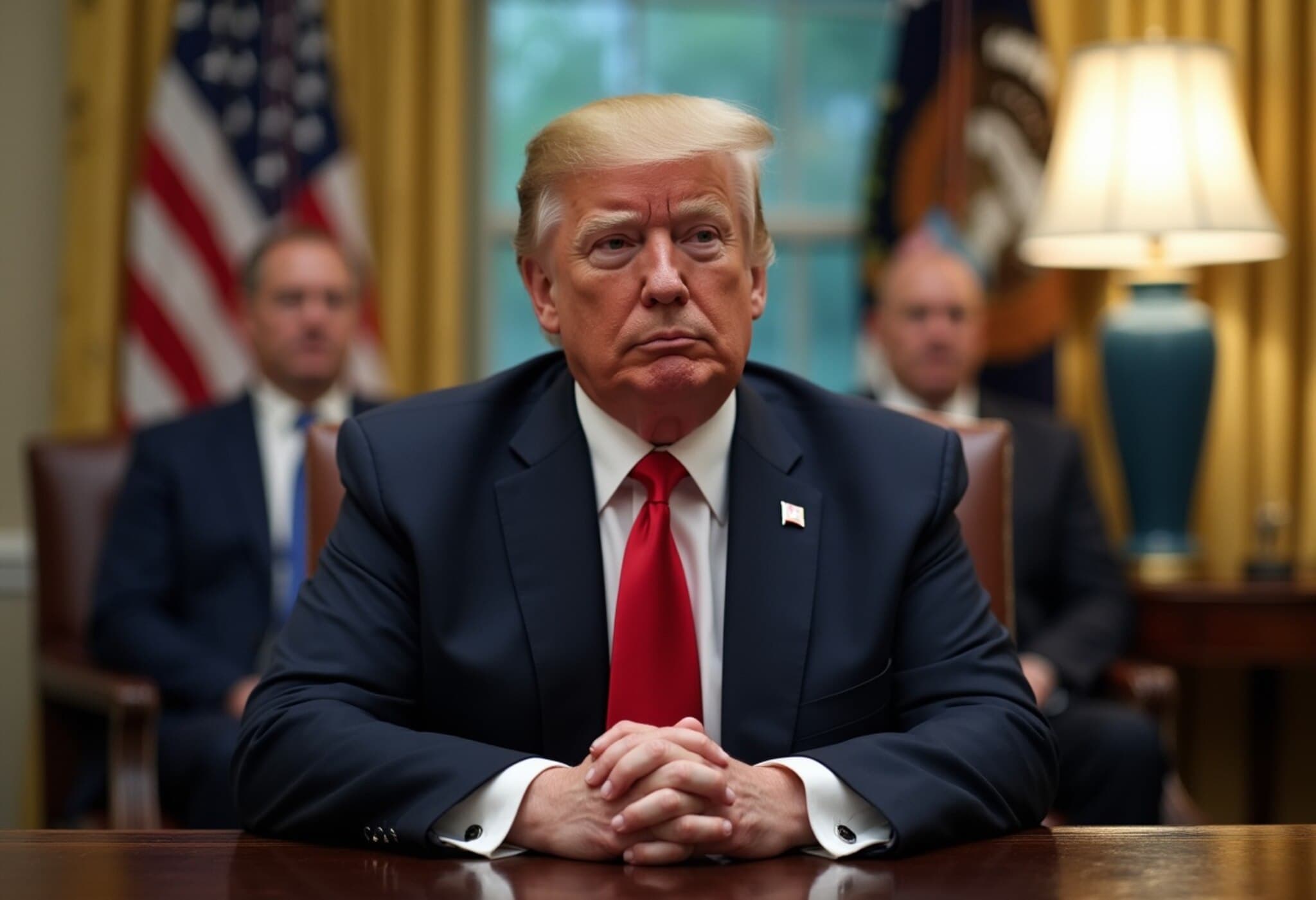UK Foreign Secretary David Lammy Demands Stop to E1 Settlement Expansion
In a significant diplomatic move, British Foreign Secretary David Lammy has publicly condemned Israel’s plan to advance the construction of over 3,400 housing units in the West Bank's highly disputed E1 area. Lammy categorizes the plan as a stark violation of international law that threatens to dismantle the possibility of a contiguous Palestinian state.
The E1 Settlement Plan: A Flashpoint in Israeli-Palestinian Relations
The E1 project, proposed to link the Ma’ale Adumim settlement with East Jerusalem, has long been viewed by international actors— including the UK, EU, and UN — as a strategic move that could physically segment the West Bank and erode the territorial integrity essential for a viable Palestinian state.
According to reports from The Guardian, Israel’s Supreme Planning Council is preparing to approve the project imminently after dismissing objections raised by Israeli NGOs concerned about the plan’s implications. This forward momentum breaks a deadlock that has persisted for years, reigniting global debate over settlement expansion and peace prospects.
The Political Context: Far-Right Advocacy and International Response
The push to expedite the E1 settlement comes amid assertive backing from Israel’s far-right Finance Minister Bezalel Smotrich, who also oversees settler planning policies. In a recent, provocative declaration at the E1 site, Smotrich openly stated that advancing E1 would effectively "bury the idea of a Palestinian state." Smotrich’s endorsement signals a broader political strategy that many see as narrowing the window for a two-state solution.
Notably, Smotrich has been sanctioned by the UK, Canada, Australia, and New Zealand earlier this year for alleged incitement to violence, adding to the controversy surrounding his involvement. Despite claims that both Israeli Prime Minister Benjamin Netanyahu and former US President Donald Trump support the project, neither leader has publicly confirmed these assertions. The US State Department has also opted for non-committal responses when queried about the plan.
Why This Matters: Legal, Political, and Human Dimensions
- International Law Violation: Settlement expansions like E1 are widely considered illegal under the Fourth Geneva Convention, which prohibits an occupying power from transferring its population into occupied territories.
- Impact on Peace Efforts: Physically dividing the West Bank compromises the territorial contiguity essential for a future Palestinian state, dimming prospects for a negotiated two-state solution.
- Human Impact: Palestinian communities risk further isolation, restricted movement, and disruption of livelihoods due to settlement growth and associated infrastructure developments.
Expert Insight: The Road Ahead
From a geopolitical perspective, the advancement of the E1 settlement plan is a pivotal moment. It challenges the international community’s ability to uphold legal norms and diplomatic pressure in the Israeli-Palestinian conflict. Analysts suggest that continued settlement expansion not only fuels regional tensions but also jeopardizes US and European influence as mediators.
Moreover, this development invites critical questions about the roles global powers will play moving forward, the resilience of Palestinian governance structures, and the international community’s commitment to upholding human rights amidst complex security and political concerns.
Conclusion
David Lammy’s call for an immediate halt to the E1 settlement plan underscores a deepening international alarm over measures that may foreclose the possibility of a peaceful, two-state future. As Israel moves toward formal approval, renewed global attention and diplomatic engagement will be crucial to addressing the mounting challenges posed by such contentious settlements.
The E1 settlement project is more than a local land dispute; it represents a critical flashpoint with wide-reaching implications for international law, human rights, and peace efforts in the Middle East. Readers are encouraged to consider the complex interplay of legal frameworks, political ideologies, and lived realities behind the headlines. How will global powers navigate these tensions moving forward, and what does that mean for the future of Palestinian self-determination?










